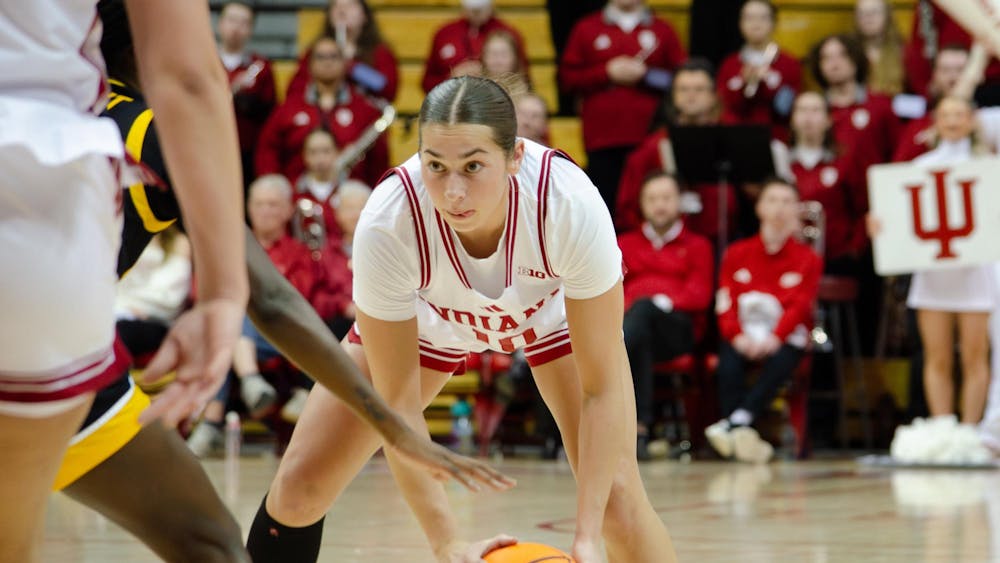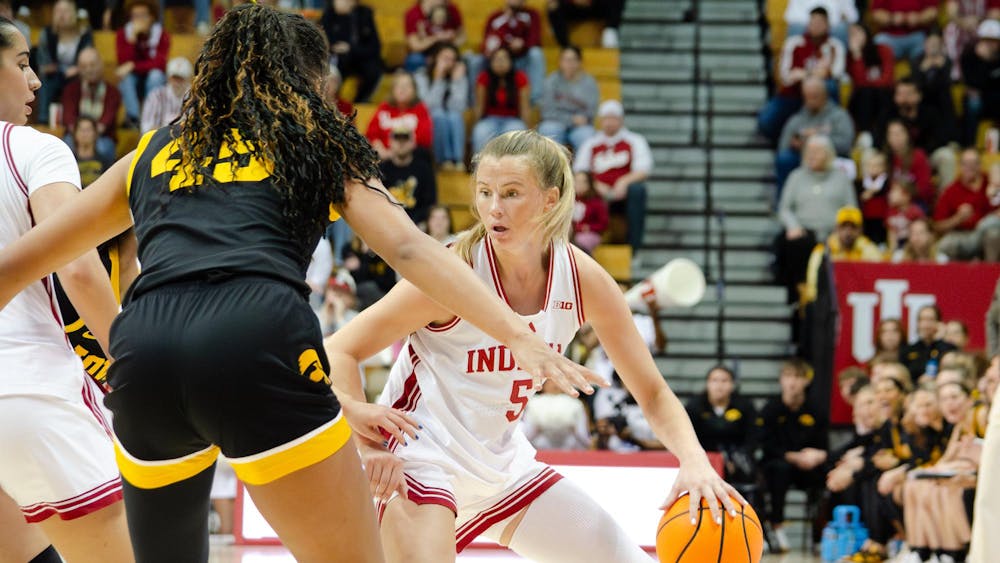Youth involvement promises to be much higher in this election than it was in 2000, but many students still question whether their vote will really make any difference.\nThe Pew Research Center released polls last month that indicated 57 percent of voting-aged people under the age of 30 say they are giving the election lots of thought. Four years ago, that rate was only at 41 percent. In addition, 85 percent of registered young voters plan to make it the polls this year, compared to only 67 percent in 2000.\nStill, despite projected increased participation, some students aren't kidding themselves about the value of their vote.\n"I'm going to vote, but it won't make much of a difference," said senior Evan Kanarek, who votes absentee in Democrat-favored New York. "I just feel that if you don't participate, you don't have a right to complain."\nKanarek isn't alone in his sentiments, as many students believe some races are already locked up despite their vote.\nJunior Chase Downham, vice president of IU's College Republicans, said his group plans to go help out President George W. Bush in the battleground state of Ohio, since Indiana hasn't voted democrat since Lyndon B. Johnson.\n"Overall, Indiana tends to be very conservative," Downham said. "President Bush is pretty loved here, so we aren't worried at all."\nEspecially with an electoral college that values a few states over the rest of the nation, a victory for Bush in Indiana in is virtually guaranteed.\nAs a result of Bush's Indiana lock, the IUCRs have turned most of their attention to the highly contested Indiana gubernatorial race, where, according to The Indianapolis Star on Tuesday, republican challenger Mitch Daniels is barely beating Gov. Joe Kernan, 46 to 43 percent.\nDownham also noted the race for the Senate has garnered less campaign attention since incumbent Sen. Evan Bayh has such a following in this state. Currently, he enjoys a 39-point lead over Republican challenger Marvin Scott, according to The Indianapolis Star's poll released Thursday.\nIt's circumstances such as these that has Political Science Professor Russ Hanson questioning whether participation is necessary.\n"You might consider whether it matters if many people don't vote in elections," he said. "In most cases, the outcome wouldn't be different even if everyone voted. That's true of most Congressional elections, where incumbents are so safe that it's almost impossible to defeat them. It's even true in close elections, when nonvoters view candidates the same way voters do, and there is evidence that this is the case."\nSenior Matt Brunner, vice president of IU's College Democrats, agrees that incumbent congressmen and senators who keep getting reelected can be discouraging to some voters.\n"Still, nobody is invincible," he said. "But the power of incumbency is a very powerful thing."\nAnother reason some voters are deterred is because candidates don't address issues that appeal to them.\nBrunner contends that the lack of representation among younger voters is a vicious cycle.\n"People don't vote because the candidates don't address their needs, and candidates don't address their needs because they don't vote," he said.\nBrunner contends the youth have to take responsibility and end the cycle by showing up to the polls and getting involved.\nDownham understands why some students might feel the election doesn't matter to them but said he thinks some issues go behind age groups.\n"Terrorism is probably the most important issue in the election," he said. "Terrorists don't care if you are young, old, rich or poor."\nMonroe County Clerk Jim Fielder, who is in charge of voter registration in Bloomington, said he believes issues are what drive people to the polls. Even in close elections, such as the governor's race, he said the power of the vote doesn't seem to compel people as much as a hot-button issue such as gay marriage or reinstituting the draft.\nWith only a few states in this election becoming battleground states and the 2000 election reminding the public that one can win the popular vote without winning the election, many question why students are still so excited to vote even if they don't think it will make a difference.\n"Of course the outcome is not the only thing that matters," Hanson said. "Some see voting as a civic duty, and some democracies even fine those who don't vote. The idea is that everyone owes something to the political community in which they live. They owe taxes; they owe military service; and they owe their time at elections."\n-- Contact Weekend editor Adam Aasen at aaasen@indiana.edu.
Students question value of vote
Electoral college, lack of representation discourage voters
Get stories like this in your inbox
Subscribe





